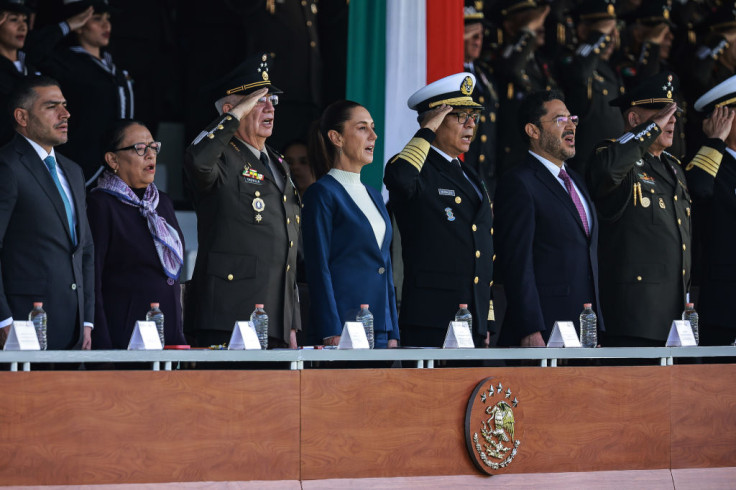
SEATTLE - For the past few years, the Sinaloa cartel, one of Mexico's biggest and strongest criminal organizations, has been undergoing changes to the way it operates. In July, the arrests of Ismael "El Mayo" Zambada and Joaquín Guzmán López complicated things further, as the cartel got divided into two factions, those loyal to Zambada and a group known as "Los Chapitos," who pledges allegiance to Joaquín "El Chapo" Guzmán and his sons.
After Guzmán López allegedly kidnapped Zambada and turned him in to U.S. authorities, both factions started a war against each other, looking to control territory and drug smuggling routes in Sinaloa. Since the war between "Los Chapitos" and "La Mayiza" erupted in Sept. 9, there have been 326 murders reported in Sinaloa, according to Sinaloa's Attorney General Zulema Sánchez Kondo.
With hundreds of people deceased and hundreds more that have gone missing, Mexico's Defense Minister is now saying that both Sinaloa cartel factions turned the criminal group into one that is "more dangerous and violent" since their leaders were taken into U.S. custody in July.
In a press conference, Ricardo Trevilla Trejo blamed the U.S. for the wave of violence now taking place in Sinaloa and northern Mexico, saying the arrests made by U.S. authorities "detonated" things, making the cartel "more violent and better armed" than before.
Trevilla Trejo also added that a similar thing happened last year, when Ovidio Guzmán López was arrested by Mexican and American forces in Culiacán. "After Ovidio's capture, cartel members added to their ranks many more guards and hitmen...they became better armed and got more violent," he said.
Proof of this was what people colloquially know as "Culiacanazo," a wave of violent retaliation by Sinaloa cartel members throughout the city, setting vehicles and stores on fire and causing panic and terror to residents of the Sinaloa capital when an important figure within the cartel ranks is captured.
Controlling the wave of violence
Trevilla Trejo's comments came in response to the criticism received by Mexico's armed forces, who have been blamed of abusing their authority and not respecting basic human rights of cartel members when confronting them.
In late October, an altercation between the army and cartel members left 19 of the attackers dead, with El País describing it as one of the bloodiest incidents that has taken place since "Los Chapitos" and "La Mayiza" started their own conflict for control of the Sinaloa cartel.
"The military personnel that responds to these type of operations are well-trained units, qualified, with the proper equipment," Trevilla Trejo said. "And as a result of that, we have been able to secure the arrests of cartel leaders."
In recent weeks, Mexico's Secretariat of National Defense (SEDENA) has secured the arrest of a few cartel leaders that have contributed to the wave of violence in Sinaloa. Besides the man known as "El Max," Mexican authorities have taken into custody other high-profile cartel members such as "El Cañas," who allegedly led a sector of the Cártel del Pacífico.
In addition to his role with the criminal group, "El Cañas" is believed to be the right-hand man of Humberto Figueroa, alias "El 27," the security chief for "Los Chapitos."
In September, Mario Alexander Gámez., a.k.a "El Piyi" was captured in Culiacán during an operation carried out by the army and the National Guard. "El Piyi" is allegedly a close collaborator of Iván Archivaldo Guzmán Salazar, one of the sons of "El Chapo" and one of the current leaders of "Los Chapitos."
And more recently, in November, "El Fantasma" was recaptured in Culiacán after being released from prison in July. "The Ghost" was a key member of the cartel, serving as El Chapo's" right-hand man and head of security.
© 2024 Latin Times. All rights reserved. Do not reproduce without permission.











